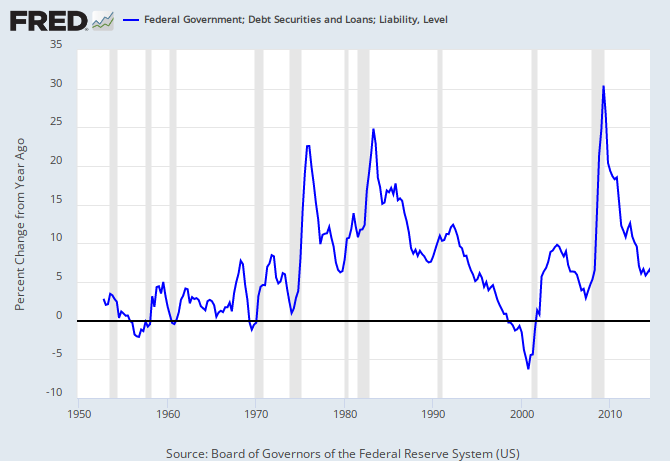anotherlife
Gold Member
I think this means that they can lend out $10000 = 10 * $1000. The 10 % of the $10000 is the deposit, and the 90 % i.e. $9000 is the money that is created by your signature, to complete your loan ammount that you borrow in this example.Where do banks get the money to lend? I thought it was clarified by the 1913 fed bill and the 1930(?) fiat bill. The fed bill goes at 10 % so your signature on your loan papers creates 90 % of the money that you borrow, after the bank puts in that 10 %. The fiat bill states verbatum, that "it is really not necessary", to have a commodity base for your money. So the commodity that serves as the base for that 90 % of your money is your physical life and your dividable estate. That is why population exchanges and deportations were invented and loved at the end of ww2.
The fed bill goes at 10 % so your signature on your loan papers creates 90 % of the money that you borrow, after the bank puts in that 10 %.
Can you translate that into English?
Pretend a bank has a single $1000 deposit.
How much do you think they can lend out?
$9000 is the money that is created by your signature, to complete your loan ammount that you borrow in this example.
If your bank has $1000 in deposits and you loan me $10,000....your loan check is gonna bounce when I deposit it into another bank.
No, because the law says that that 90 % is backed by the fed reserve. Also, by the time you deposit, your loan is already sold off.
No, because the law says that that 90 % is backed by the fed reserve.
Can you show me this supposed law?
Also, by the time you deposit, your loan is already sold off.
Why would they sell it off? Who would buy it? Still waiting for my loan check to clear.........
I can't show you the actual text of the law, but I guess it could be googled. Bundled loan packages are always sold off, and sold again, rapidly. Everybody buys it, until it hits Lehan Brothers. So your cheque has cleared.


